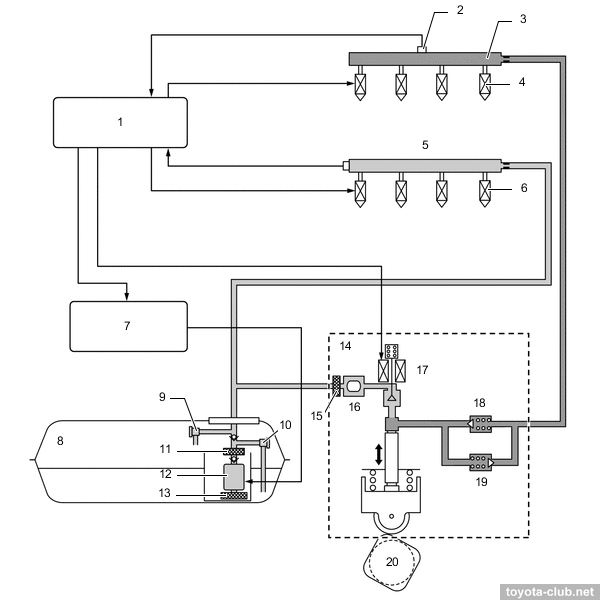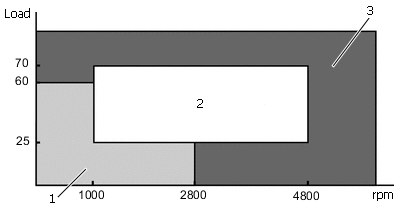I drive a plain gas hybrid, it gets nearly identical fuel economy to my old stick and the registration tax exceeds how much I pay annually for gas.This is not a fine. It is the equivalent of a gas tax, because hybrids and EVs use less/no gas and therefore pay less/no gas taxes. The additional registration fee is $200 here in Texas, FWIW.
Also FWIW, I drive my Navigator about 7500 miles a year and at 14 mpg that is $99 in state gas taxes paid. If I drove 15,000 miles a year it would be about equal to the EV fee in gas taxes.
I was there when the guy hocking the fine for my state was pushing his Prius tax saying maybe if we tax hybrid drivers enough they will push on the gas pedal.
So yes, it’s a fine that has no basis in reality besides the guy that passed it hated hybrids as a campaign promise. I see he was re-elected on his 28th year spending virtually his entire working life as a career politician. His entire family and extended family have .gov careers thanks to his hackery, nepotism is alive and well.
Last edited:


